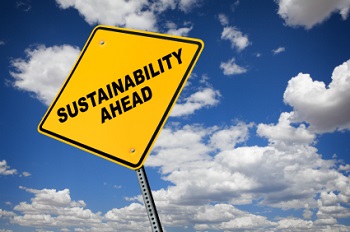Sustainable farming, also known as sustainable agriculture, can be defined as agricultural practices that meet our current food and fibre needs without compromising the ability of future generations to meet their food and fibre needs. It is a holistic approach that integrates environmental stewardship, economic viability, and social responsibility.
An important part of sustainable farming is improving soil health by increasing soil biology, improving soil structure and water-holding capacity, and increasing soil nutrient availability.

Key sustainable farming practices include:
Holistic grazing management
Using livestock as a tool to improve land health and productivity. It's a planned, adaptive approach that considers grazing pressure along with plant recovery time to encourage the persistence of favourable pasture species.
Multi-species pastures
A diverse blend of plant species to improve soil health while providing livestock feed. A multispecies mix ideally contains plant species from four main plant groups: legumes, grasses, tall and short broadleaves.
Crop rotation
Rotating crops helps improve soil fertility, reduce pest and disease pressure, and enhance overall farm health.
Cover cropping
Planting cover crops during off-seasons helps protect and build soil health, prevent erosion, and suppress weeds.
No-till farming
Reducing or eliminating tillage can improve soil health, reduce erosion, and conserve water.
Integrated pest management (IPM)
IPM uses a combination of methods, including biological and mechanical controls, to manage pests and diseases with minimal use of synthetic pesticides.
Agroforestry
Integrating trees and shrubs into farming systems can provide shade, shelter, and other benefits for crops and livestock.
Precision agriculture
Using technology to optimise resource use, such as water and fertilisers, can improve efficiency and reduce environmental impact.
Acknowledgement
This information is courtesy of the Greater Sydney Small Farms network for further information email richard.stephens@lls.nsw.gov.au or call Richard on 0436 803 337.



